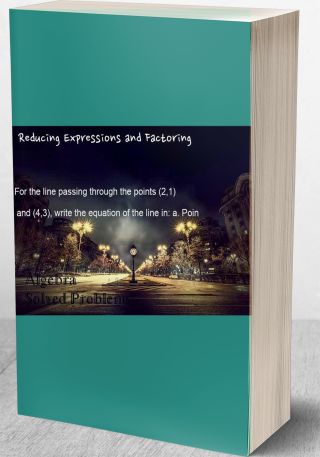A clinical trial examined the effectiveness of aspirin in the treatment of cerebral ischemia (stroke
Question: A clinical trial examined the effectiveness of aspirin in the treatment of cerebral ischemia (stroke). A simple random sample of 155 patients was randomized into treatment and control groups. The study was double-blind in the sense that neither the patients nor the physicians who evaluated the patients knew which patients received aspirin and which the placebo tablet. After 6 months of treatment, the attending physicians evaluated each patient’s progress as either favourable or unfavourable. Of the 78 patients in the aspirin group, 63 had favourable outcomes; 43 of the 77 control patients had favourable outcomes. (From William S. Fields et al., “Controlled trial of aspirin in cerebral ischemia,” Stroke, 8 (1977), pp. 301-315.) Use MINITAB to answer parts (a) and (b).
(a) At the 2% level of significance, determine whether there is a difference in the probability of a favourable outcome between aspirin and control patients. (6 marks)
(b) Estimate, with 99% confidence, the difference in the probability of a favourable outcome between aspirin and control patients. Interpret the interval. (3 marks)
(c) Does your interval in part (b) suggest that aspirin increases the chance of a favourable outcome? Explain. (4 marks)
Deliverables: Word Document



![[Solution] The Old Gloucester Baby Food Co. wishes to compare the weight gain of infants using their OG brand v #7752 Hypothesis Testing - Analysis of Variance (ANOVA)](/images/downloads-images/featured/Statistics-question-15449.jpg)

![[Solution] The inspection division of the Lee County Weights and Measures Department wants to estimate the actu #10105 Hypothesis Testing - T test](/images/downloads-images/featured/Statistics-question-2140.jpg)

